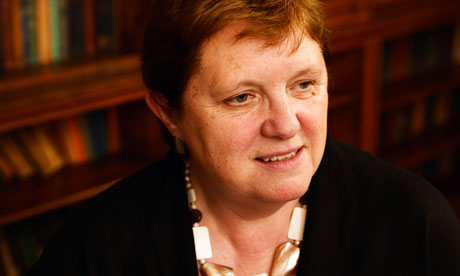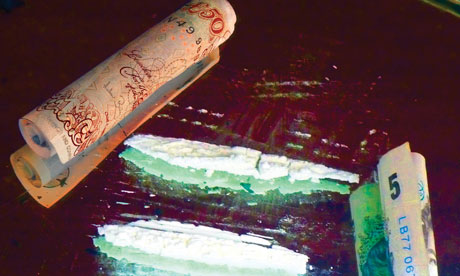Libor scandal: gunfight on Threadneedle Street
This is not just some common or garden mishap or even misbehaviour at a big business. This is 'fraud'
Only two weeks into the market-rigging scandal and already the economic-policy establishment resembles the final scene of Reservoir Dogs: a bunch of men in suits all blindly shooting at each other.
Former Barclays boss Bob Diamond has landed the Bank of England's Paul Tucker in deep trouble, with a note implying that he encouraged the misreporting of money-market rates. Barclays' ex-chief operating officer Jerry del Missier told MPs this week that Mr Diamond ordered him to fiddle Libor rates. And Barclays was accused by theFinancial Services Authority (FSA) on Monday of a "culture of gaming – and gaming us". The FSA has been dumped in it by Mervyn King, who argued on Tuesday that it was not the Bank's job to regulate Libor – the implication being that it was the FSA's fault. Both the FSA and the Bank agree that prime responsibility for monitoring Libor lay with the British Bankers' Association. And then there is George Osborne, whose main contribution to the chaos has been to suggest to a magazine interviewer that Gordon Brown and his lieutenants are somehow to blame.
This is the British economic-policy establishment under unprecedented pressure – and what an unseemly, blame-ducking, buck-passing panic it presents. Not just the humbling of some of our most senior and respected officials but also the erraticism with which they have been making policy. Take, for instance, the ousting of Bob Diamond. The FSA's Adair Turner told MPs this week that when he spoke to the Barclays chairman Marcus Agius after the Libor scandal, he had expected Mr Diamond to walk the plank. Something was obviously lost in translation, however, because Mr Agius stood down instead. It took the intercession of Mervyn King to force out the Barclays chief executive. And why exactly was Mr Diamond pushed out? Not for any direct involvement in the Libor scandal but, in the words of Mr King yesterday: "They [the bank] have been sailing too close to the wind across a wide number of areas." No actual infraction; just a general sense of having gone too far for too long. This raises the question of why no regulator seriously intervened in Barclays before the Libor scandal. Bob Diamond has been head of one of Britain's biggest banks since January 2011, yet no official has brought up a previous incident where they told the board to change their behaviour or their personnel. The impression left is of rather rough justice. As Andrew Tyrie, head of the Treasury select committee, drily observed in the same session, by that measure every chief executive in the land is "only a couple of bad dinners" away from being forced out of a post.
This is not just some common or garden mishap or even misbehaviour at a big business. As Mr King observed on Tuesday, this is "fraud". And it has not just been carried out by Barclays, but by a string of other financial institutions – who between them fiddled the benchmark interest rates that are used as reference for hundreds of billions of pounds' worth of transactions. Some of the commentary about this scandal has brought up the fact that this occurred during the credit crunch in 2008, when it would apparently have been in everyone's interests to pretend that all was normal in money markets. Maybe, except that this scamming took place over at least four years – and the kindest interpretation of the evidence to date is that officials asked barely any questions. In place of supervision there was what looks like worrying chumminess. "Well done, man. I am really, really proud of you," Mr Diamond emailed the number two at the Bank on his promotion in December 2008. Mr Tucker replied: "You've been an absolute brick."
This story has so far revolved around one bank rigging one set of interest rates, involving emails and letters and committee hearings. Imagine what a serious, wide-ranging inquiry could uncover. Britain certainly needs one, because this blossoming scandal threatens not just the reputation of an industry but the regulators and ministers who let it run riot.








